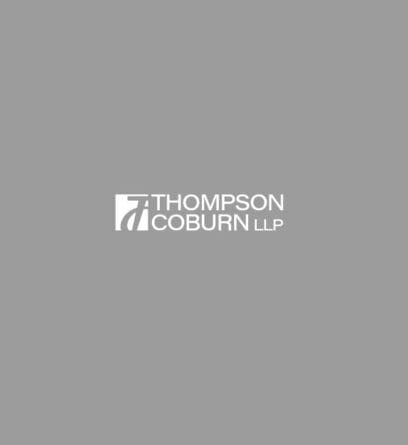Mylan Inc. achieved a victory in a tax dispute with the IRS in the Tax Court which may result in tax savings for companies who frequently face litigation related to intellectual property, especially patents.
Mylan is a producer of pharmaceutical products. In its 2021-2014 tax filings, Mylan deducted legal fees related to its generic drug business as business expenses, but the IRS disagreed. Specifically at issue were legal fees related to preparing Paragraph-IV Notice Letters (which are required as part of an Abbreviated New Drug Application) and the legal expenses for patent infringement litigation that was later initiated by the branded drug patent holders. Those fees were no small thing; $130 million in deductions were in dispute.
In the holding, the Court found that legal fees necessary to meet statutory requirements (e.g., a formal Paragraph-IV notice) are not deductible because they are expenses incurred to create a separate intangible asset (regulatory approval) or generate significant benefits for the taxpayer extending beyond the current year which therefore must be capitalized (however, at least, these expenses are deductible over 15 years).
However, the defense of lawsuits challenging the validity of patents protecting the branded versions of drugs which Mylan sought to produce in generic form were deductible as ordinary and necessary business expenses. As the Tax Court pointed out, Mylan defending itself against litigation was not a required step in the FDA approval process and the litigation did not relate solely to title for the asserted IP.
Mylan or the IRS may appeal this case. The legal fees involved in both sets of issues included substantial litigation expenses and attorney fees.
For companies that regularly face litigation on intellectual property, this ruling confirms the general practice that legal fees associated with patent infringement suits, as opposed to creating a separate intangible, are currently tax deductible.
Ed Buchholz serves as a key tax advisor to companies and is the chair of Thompson Coburn’s transactional tax practice.
